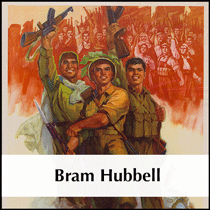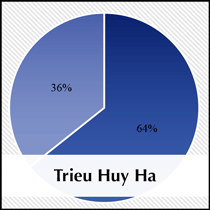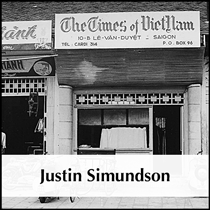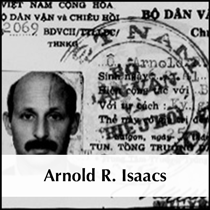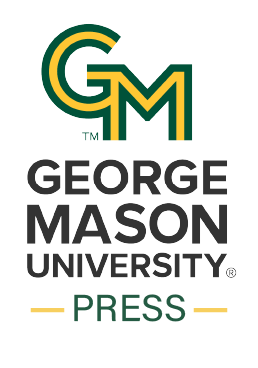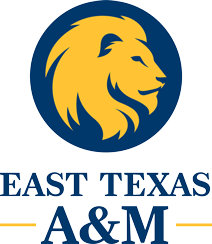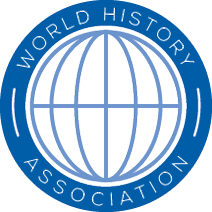Announcing Vol. 20 No. 1
George Mason University Press announces the Winter 2023 issue (Vol. 20 No. 1) of World History Connected (https://journals.gmu.edu/whc). It is the second produced by the Press, but also marks the journal’s 20th anniversary of its effort to support and disseminate globally both archivally based research and the scholarship of teaching in the field of world history. Each issue features a curated topical section (a Guest-Edited “Forum”), alongside innovative individual articles, a special feature or features, such as “An Interview with a World Historian,” as well as book reviews, with each element aimed at also connecting innovative content with accessible writing. Fittingly, this issue is the first to be largely devoted to highly current issues: ongoing efforts to revise world history standards in the United States and recent events in the Ukraine.
This issue’s Forum, Guest edited by Stephen Jackson, addresses the current round of making and/or revising world history standards. Susan Douglass offers a panoramic view of the state of world history standards. She finds that, while the traditional and Eurocentric model is no longer dominant across the United States, the “eras” model, which most accurately represents world history scholarship, is the basis for only about a third of U.S. states in 2022. The results of surveys conducted by Douglass demonstrate that world historians have still only had a limited impact on interpretative documents which set the tone for standards and curricula across the country. Lauren McArthur Harris and Brian Girard provide suggestions for how these documents might be improved to help guide teachers to go beyond standards that often contain disconnected lists of names, dates, and events that obscure historical significance and meaning by providing little sense of how content information should be organized. Tamara L. Shreiner and Kathleen Ferrero analyze what “standards documents” leave out. Shreiner notes that, while state standards documents include the use of data visualizations as evidence, they only rarely encourage the ability to engage with and critically interpret these types of sources. Kathleen Ferrero initially feared that the lack of emphasis on the social studies in both the “No Child Left” Behind and “Common Core” movements would result in the loss of meaningful instruction on current events. She found, however, that veteran world history teachers still employ current events as they believe that it is imperative to connect the past to the present in their classrooms, a conviction that drives them to utilize sources other than state standards as they develop their world history courses.
The Forum then offers three case studies written by historians who participated in a state-level standards creation process. Ross Dunn examines the revisions to California’s world history standards in 2018. David Fisher explores changes to the Texas Essential Knowledge and Skills (TEKS) in 2018. Stephen Jackson writes about South Dakota’s controversial 2021 social studies standards revision process. These case studies reveal that state politics very often move standards farther out of alignment with the best practices of scholarship. They also reveal the many ways in which standards creation processes are resistant to broad or sweeping changes, though it is still reasonable to advocate for and expect incremental improvements. Finally, each of the case studies indicate that the inclusion of teachers is absolutely vital if any improvements in the organization, content selection, and quality of standards can be achieved. The Forum concludes with a database of freely available articles on the subject compiled by John Maunu this journal’s Digital Resources editor.
Individual Article
“Engaging Presentism in World History as Concept and in the Classroom” by Todd S. Gernes
Some observers see the Russian invasion of Ukraine in terms of a resumption of the Cold War. However, many world historians, like Todd Gernes, see continuity with First World War paradigms. Gernes first directly addresses the challenges of presentism, but also the rewards that may flow from making historical connections between past and present as a vehicle of world history analysis. He then offers two deeply researched discussions on how this approach can serve to “disentangle nationalism and racism across regions and cultures” and investigate “Vladimir Putin’s War against Ukraine through the Lens of WWI.” The article concludes with a study of the knowledge gleaned from these analytical explorations that enabled him, in concert with his students, to produce a successful course on the Great War: 1914-1918.
Interview with a World Historian: Deborah Smith Johnson, a “Pioneer in World History”
Deborah Smith Johnston has earned the World History Association’s preeminent recognition as a “Pioneer in World History” for her leadership in world history education and her contributions to the scholarship of teaching, which includes a seminal study of the Indian Ocean and, notably, several articles in this journal. When asked how one can have a 35-year career as a teacher in the schools, earn a PhD in World History, contribute to that field through the conduct of workshops in the US and China, and also contribute to the creation of the Advanced Placement survey course in world history, her answer is that it was through a mixture of unbounded curiosity, generous mentors, supportive colleagues, and travel. This explanation is not dissimilar to other “Pioneers in World History,” but readers will find that, in Johnston’s case, there is much more, including the ability to incisively critique the path of teaching world historical studies, while exciting students in the classroom, and also leaving colleagues expressing no slight degree of wonder when they say, “ I wish I had her class.”
Book Reviews
Karel Davids, Global Ocean of Knowledge, 1660-1860: Globalization and Maritime Knowledge in the Atlantic World,by Ian Abbey; Trevor Burnard, The Atlantic in World History, 1490-1830, by Paul C. Banda,; Isabel Wilkerson, Caste: The Origins of Our Discontents, by Arjun Guneratne; Ana Lucia Araujo, Slavery in the Age of Memory: Engaging the Past, by Justin R. Harbour; and David Sorkin, Jewish Emancipation: A History across Five Centuries, by Benjamin Harris.
About World History Connected
World History Connected (https://journals.gmu.edu/whc), ISSN 1931-8642, is a grant-supported open-sourced, double-blind peer reviewed affiliate of the World History Association. It serves as a means of creating community among all those devoted to research and teaching world history. Not every article “connects” or bridges these twin objectives, but published reviews have judged this e-journal successful in achieving its dual goal in supporting and disseminating globally both archivally based research and the scholarship of teaching. Over the course of its existence, it has been guided by world historians devoted to providing publication opportunities in the field, and where needed, assisting scholars to meet the highest standards for accessible writing, referencing, and formatting, whether their articles are, or are not, accepted for publication. Its editorial staff includes recent presidents of the World History Association and distinguished Advanced Placement and Master Teachers, none of whom are paid for their service.
Those interested in submitting articles to the journal should email the Editor, Marc Jason Gilbert (hallgilbert@earthlink.net or mgilbert@hpu.edu) with the subject line, “WHC Submission,” adding their name and short tile of the submission. Prospective authors of articles should, prior to submitting their work for review, refer to the journal’s “Submission Guide and Style Sheet” (https://journals.gmu.edu/whc/submission-guidelines). Like all academic journals, World History Connected reserves the right to decline to publish any submission.
World History Connected welcomes expressions of interest from those who might like to serve as Guest-Editors for its Forums, WHC’s thematic/topical section.. Calls for Papers to contribute to announced Forums, as well as for individual articles, are posted on H-Net, the World History Association’s Newsletter, and social media.
Book reviews are welcome via preliminary contact with the journal’s Book Review Editor, Cynthia Ross (Cynthia.Ross@tamuc.edu). Books available for review can be found at https://journals.gmu.edu/index.php/whc/books-available-for-review.
The journal is published three times a year (Winter, Spring and Fall), with additional material shared on social media through its social media editors, Angela Lee (mrsleehistory@gmail.com), Suzanne Litrel (suzannemlitrel@gmail.com), and Joe Snyder (jsnyderwvu@gmail.com).


